| Course Code: | ENG100 |
|---|---|
| Course Title: | English 1 |
| Credit Hours: | 3 |
| Contact Hours/Week: | 3 |
| Prerequisites: | One of the English proficiency Tests (Emst, IELTS,TOEFL etc.) |
Course Description
The course is designed for college students to benefit from an intensive skill-building curriculum that targets the main English skills. The focus of the course will be on reading and writing skill practice, grammar and structure application, and integration across the disciplines at the college-level. Students will be expected to successfully demonstrate and apply appropriate college-level reading and writing skills to a variety of assignments and assessments. Competences in contextualized reading and writing skills will be developed. Active reading and writing strategies will be learned through practice and application.
Learning Outcomes
Weight of Various Assessment Elements & Alignment of Course Learning Outcomes to Program Learning Outcomes:
| Task | Weight in % | CLO1 | CLO2 | CLO3 | CLO4 | CLO5 | CLO6 |
|---|---|---|---|---|---|---|---|
| PLO1 | PLO1 | PLO1 | PLO1 | PLO1,9 | PLO1 | ||
| Quiz (1) | 10% | ✓ | ✓ | ||||
| Assignment (1) (900-1000 words) 2 weeks duration | 15% | ✓ | ✓ | ✓ | ✓ | ✓ | |
|
Presentation (1) (10-15 minutes) |
5% | ✓ | ✓ | ||||
| Midterm Examination | 20% | ✓ | ✓ | ✓ | ✓ | ✓ | ✓ |
| Final Examination | 50% | ✓ | ✓ | ✓ | ✓ | ✓ | ✓ |
(Lectures, Labs, Presentations, Exams, and Out-of-class Assignments):
| Week# | Topics | CLO(s) | Activities |
|---|---|---|---|
| 1 |
Unit One: Reading One Vocabulary: Meaning – Word Building Comprehension Looking for the Main Ideas / Details Making Inferences and Drawing Conclusions Writing: The Topic Sentence, Supporting Sentence, Concluding Sentence
|
LO1,2,3,4,5
|
|
| 2 |
Reading Two Vocabulary: Meaning – Word Building Comprehension Looking for the Main Ideas /Details Making Inferences and Drawing Conclusions Writing: The Thesis Statement; Essay Outline |
LO1,2,3,4,5 | |
| 3 |
Unit Two: Reading One Vocabulary: Meaning – Word Building Comprehension: Looking for the Main Ideas /Details Making Inferences and Drawing Conclusions Writing: Describing a sequence of ideas The Introduction and Conclusions of an Essay |
LO1,2,3,4,5 | Library Visit |
| 4 |
Reading Two Vocabulary: Meaning – Word Building Comprehension Looking for the Main Ideas /Details Making Inferences and Drawing Conclusions Writing: Conclusion |
LO1,2,3,4,5 | Quiz |
| 5 |
Unit 3: Reading One Vocabulary: Meaning – Word Building Comprehension Looking for the Main Ideas /Details Making Inferences and Drawing Conclusions Writing: The example essay: for example and for instance |
LO1,2,3,4,5 | |
| 6 |
Reading Two Vocabulary : Meaning – Word Building Comprehension Looking for the Main Ideas /Details Making Inferences and Drawing Conclusions Writing: The example essay |
LO1,2,3,4,5 | |
| 7 |
Unit 4: Reading One Vocabulary: Meaning – Word Building Comprehension Looking for the Main Ideas /Details Making Inferences and Drawing Conclusions Writing: The descriptive essay |
LO1,2,3,4,5 | Assignment |
| 8 |
Reading Two Vocabulary: Meaning – Word Building Comprehension Looking for the Main Ideas /Details Making Inferences and Drawing Conclusions Writing: Organizing The narrative essay |
LO1,2,3,4,5 | Midterm Examination |
| 9 |
Unit 5: Reading One Vocabulary: Meaning – Word Building Comprehension Looking for the Main Ideas /Details Making Inferences and Drawing Conclusions Writing: Summary Writing & Paraphrasing |
LO1,2,3,4,5 | Library Visit |
| 10 |
Reading Two Vocabulary: Meaning – Word Building Comprehension Looking for the Main Ideas /Details Making Inferences and Drawing Conclusions Writing: Essay writing: Comparing and Contrasting |
LO1,2,3,4,5 | |
| 11 |
Unit 6: Reading One Vocabulary: Meaning – Word Building Comprehension: Looking for the Main Ideas /Details Making Inferences and Drawing Conclusions Writing: Cause and Effect essay |
LO1,2,3,4,5 | |
| 12 |
Reading Two Vocabulary: Meaning – Word Building Comprehension: Looking for the Main Ideas /Details Making Inferences and Drawing Conclusions Writing: Organizing cause and effect essay
Cause and Effect essay |
LO1,2,3,4,5 | Presentation |
| 13 |
Unit 7: Reading One Vocabulary: Meaning – Word Building Comprehension Looking for the Main Ideas /Details Making Inferences and Drawing Conclusions Writing: Argumentative Essay |
LO1,2,3,4,5 | Presentation |
| 14 |
Unit 7: Reading Two Vocabulary: Meaning – Word Building Comprehension Looking for the Main Ideas /Details Making Inferences and Drawing Conclusions Writing: Argumentative Essay |
LO1,2,3,4,5 | |
| 15, 16 | Final examination | LO1,2,3,4,5,6 | Final Exam |
Individual assignment is designed to assess the students reading, writing, analytical and critical thinking skills to enhance their ability to work independently. The students will choose an article from a secondary source of information and will create their own comprehension exercises related to the article or passage chosen by them. The students will apply their reading and writing skills to answer according to their understanding. The students will give a presentation on the topic of the chosen article or passage. They will be given two weeks’ time to work on it and submit. Assignments after the due date will not be accepted.
Instructional sequence:
The theoretical and practical aspects of the course will be taught along with in-class assessments after every few chapters.
Classroom instruction:
The course will use brainstorming, discussions and cooperative learning that help in creating a learning environment wherein everyone in the class can learn from each other and test each other’s thinking and allow them to apply critical thinking skills to a variety of topics.
| Educational Resource | Description |
|---|---|
| Textbook Required | Weaving It Together 3: 0 4th Edition, by Milada Broukal, CENGAGE Learning Custom Publishing, 2015 ISBN-978-1305251670 |
| Other References |
Commonsense Guide to Grammar and Usage, Larry Beason, 4th edition, Bedford Books 2020, ISBN-978-1457668098 Key to Blue Workbook: A Complete Course for Young Writers, Aspiring Rhetoricians, and Anyone Else Who Needs to Understand How English Works, Susan Wise Bauer 1st edition, The Well-Trained Mind Press, 2020 ISBN-978-1945841330 Fundamentals of English Grammar, Betty S. Azar, 5th edition, Pearson Education,2020 ISBN-978-0136534495 Verb Second: Grammar Internal and Grammar External Interfaces, Horst Lonstein, 1st edition, De Gruyter Mouton, 2020, ISBN-978-1501516580 |
| Other Resources | Library resources, Internet search for periodicals |
Class Attendance:
Students are expected to attend all classes of this course (without exception). Prior approval is required for the class absence except for emergencies. However, any student with 30% short attendance will be forced to withdraw from the course, and the student will receive EW in his/her transcript for this course.
Tardy:
Do not come late to class. Any student coming late will not be allowed to attend the class, and he/she will be marked absent.
Exams:
Failure to attend a course exam will result in zero marks unless the student provides an excuse acceptable to the Dean, who approves a re-sit exam. Failed courses will normally be reassessed in the scheduled semester. It is your responsibility to attend the exam at the correct time and place. Your results will be printed in a transcript, which includes all your assessments. You should check the accuracy of your transcript. If there is an error in your transcript, you have to notify the instructor.
Assignments & Projects:
Assignments and projects should be handed over to the instructor on the due date. A zero mark will follow the late submission of an assignment unless the student has an acceptable reason approved by the instructor.
Exam Attendance/Punctuality:
Re-sit Exams:
The student will not be allowed to re-sit an exam unless he/she furnishes the institute with written evidence as follows:
Cheating:
Definition of cheating: Cheating is an attempt to gain marks dishonestly and includes:
Penalty of Cheating:
The minimum penalty for cheating is an automatic Zero for the test or assignment leading to a possible “F” for the subject. The student will be expelled from the examination room so that he/she doesn’t disturb other students. The exam invigilator will produce a report on the case. The report will be kept in the student file. A second offense will result in the immediate suspension of the student for the remainder of the current semester. A copy of the decision will be kept in the student file, while another one will be passed to the Dean.
Turnitin:
In addition to the hard copy, students may be required to submit written assignments/reports in soft copy through the Turnitin system available online at the Learning Management System (Moodle) to check the “Similarity Index.” The penalties for minor and major violations are indicated below.
| Offence | Penalty |
|---|---|
| Minor offence (First time) | The student will receive a written academic warning, and the case will be recorded in the academic violations tracking system. |
| Minor offence (Repeated) | The student will receive zero and the case will be recorded in the academic violations tracking system. |
| Major offence (First time) | The student will receive an F grade in the course and a written academic warning, and the case will be recorded in the academic violations tracking system. |
|
Major offence (Repeated)
|
The student will receive an F grade in the course and will be suspended for one semester, and the case will be recorded in the academic violations tracking system. |
All types of electronic communication aids and devices are not allowed in classes.
Join with Many Students Select the program you want to Enquire About!

